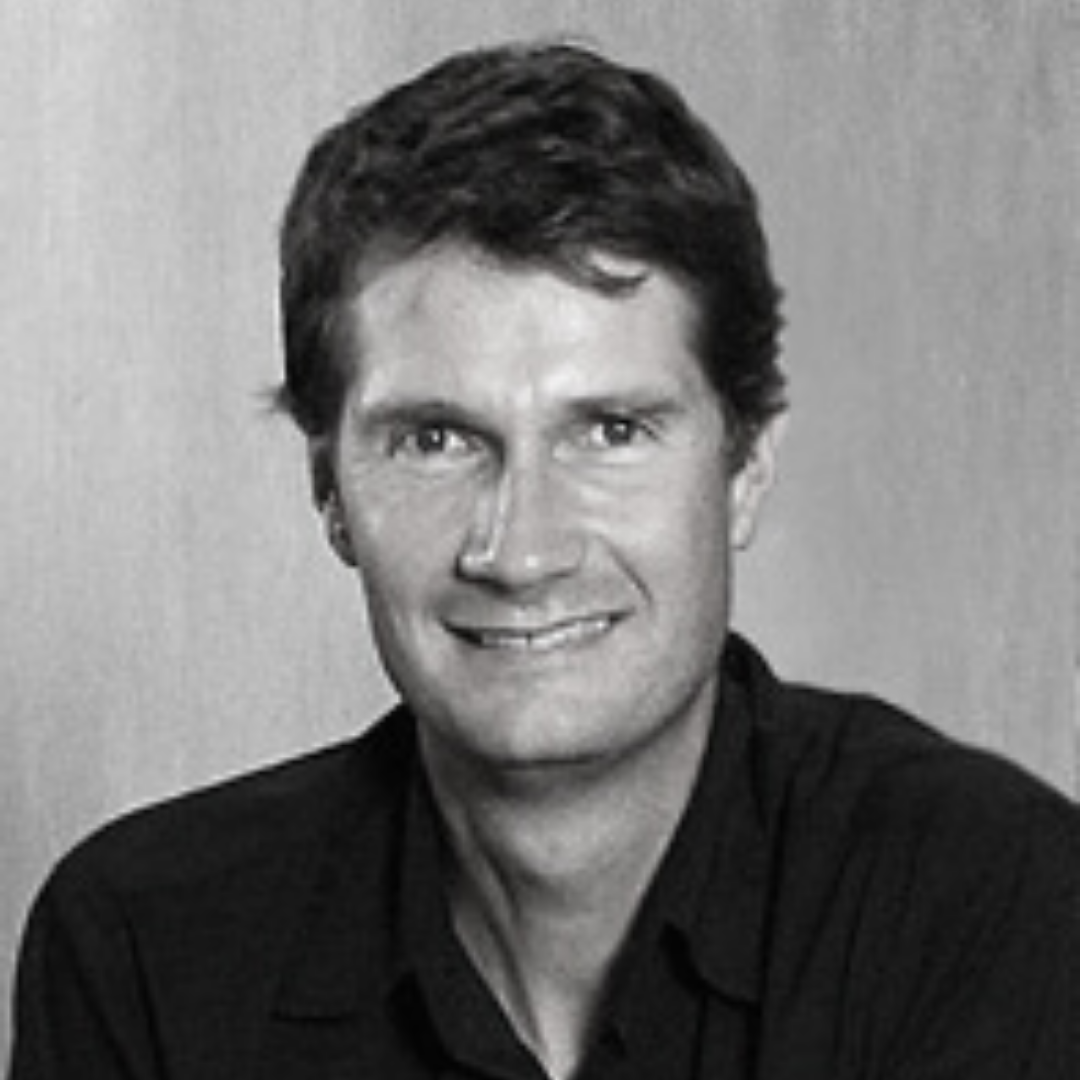Research

David Gesbert (Eurecom)
Short bio
Prof. David Gesbert (Fellow, IEEE) is serving as Director of EURECOM, Sophia Antipolis, France (www.eurecom.fr). He received the Ph.D. degree from TelecomParis, France, in 1997. From 1997 to 1999, he was with the Information Systems Laboratory, Stanford University. He was a founding engineer of Iospan Wireless Inc., a Stanford spin off pioneering MIMO-OFDM (currently Intel). Before joining EURECOM in 2004, he was with the Department of Informatics, University of Oslo. He has published about 350 articles and 25 patents, 7 of them winning IEEE Best paper awards. He has been the Technical Program Co-Chair for ICC2017 and has been named a Thomson-Reuters Highly Cited Researchers in computer science. He is a Board Member for the OpenAirInterface (OAI) Software Alliance. He was a previous awardee of an ERC Advanced Grant in the area of future networks. In 2020, he was also awarded funding by the French Interdisciplinary Institute on Artificial Intelligence for a Chair in the area of AI for the future IoT. In 2021, he received the Grand Prix in Research jointly from IMT and the French Academy of Sciences.
Research topic | AI- and robotics-assisted future communication networks
The Chair focuses on the use of AI to enable future intelligent and agile communication networks. Intelligence and agility are hereby achieved in an interdisciplinary way by associating novel robotics components to the design of wireless networks. Connected robotics, fueled by AI algorithms, can help wireless networks to deliver optimum services where and when they are needed. A central scenario in the research program relies on the use of AI-driven autonomous flying radio nodes which are injected as a supplementary element of network infrastructure to complement the role of traditional fixed base station equipments. These nodes are embedded as radio relays in micro-robots and endowed with self-navigation algorithms designed to maximize quality of service, including connectivity, sensing, and network geo-localization. The Chair studies in particular various distributed learning frameworks so as to enable cooperative behavior between the smart robotic nodes and features a prototyping activity to obtain real-life results.
